The Rise of China and Changing Geopolitical Dynamics
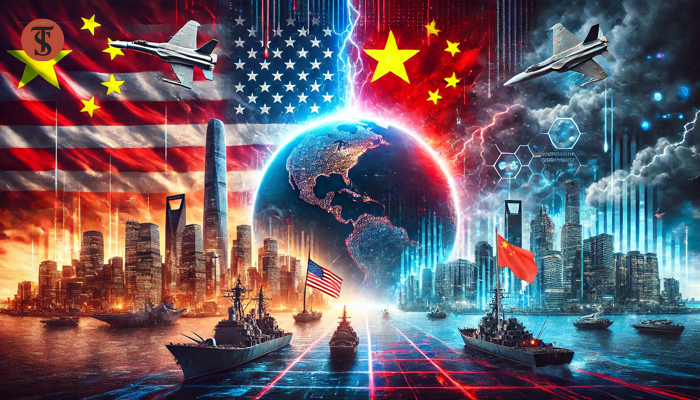
The growing rivalry between the US and China threatens global peace as both nations seek to reshape world power. The US aims to maintain its unipolar dominance by reinforcing alliances and using proxies, while China counters with economic and military aid, challenging American hegemony through strategic partnerships.
“Modi and the RSS”
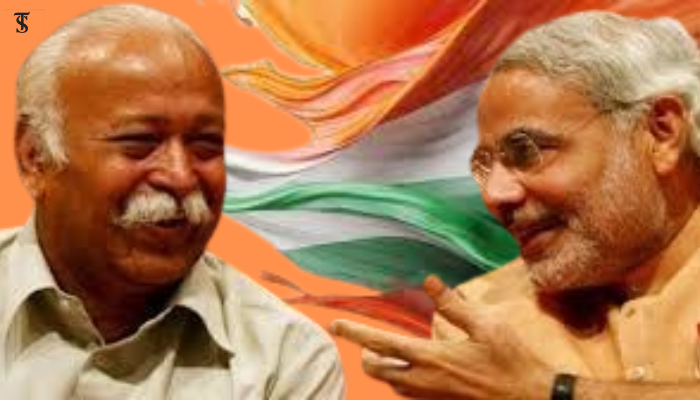
Narendra Modi, shaped by the RSS, a Hindu supremacist organization, gained political power through divisive tactics, notably after the 2002 Gujarat riots. His anti-Muslim rhetoric, control over media and institutions, and promotion of Hindu nationalism have secured him three consecutive terms as India’s Prime Minister under the BJP.
The Balochistan Conflict: Truth vs. Propaganda
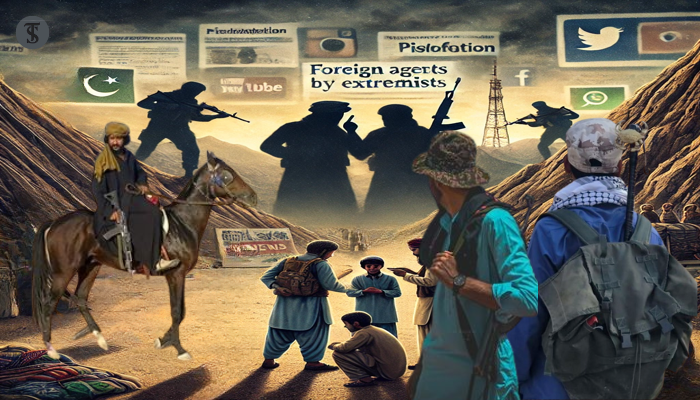
The human rights narrative in Balochistan is flawed by selective outrage, focusing on state actions while ignoring militant violence, terrorism, and abductions. Anti-state elements, backed by hostile foreign agencies, use disinformation and propaganda to fuel chaos, while organizations like HRCB amplify false narratives for political objectives.
The Legacy of Yahya Sinwar
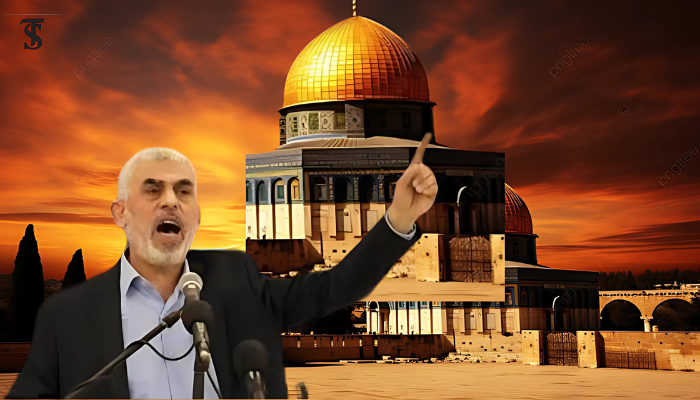
Yahya Sinwar, a prominent Hamas leader, was martyred by Israeli forces, marking a significant loss for Palestinians. His life was marked by resilience and resistance, symbolizes enduring Palestinian hope and determination in the face of continuous Israeli aggression.
Dynastic Politics and Democracy can’t Move Together
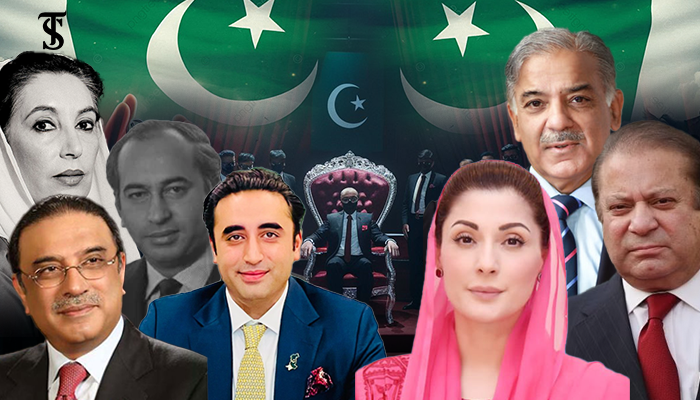
Dynastic politics clashes with democracy by concentrating power within political families, undermining meritocracy and equality. Prominent political dynasties in Pakistan, India, and the U.S. illustrate this dynamic, favoring elitism over public participation. Democracy thrives on individual liberties and fairness, but dynastic politics fosters favoritism, limiting opportunities for non-elite candidates.
Human Security: The Core of National Security
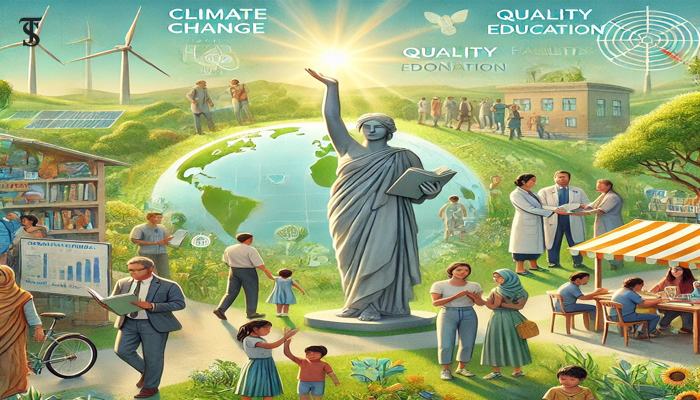
National security now extends beyond military defense to include human security, emphasizing socio-economic stability, environmental sustainability, and citizen welfare. Addressing internal threats like poverty, inequality, and social unrest is essential for maintaining national integrity. Human security ensures social cohesion, economic prosperity, and global cooperation for sustainable peace and security.
SCO Summit-2024: Opportunities for Pakistan and Regional Peace
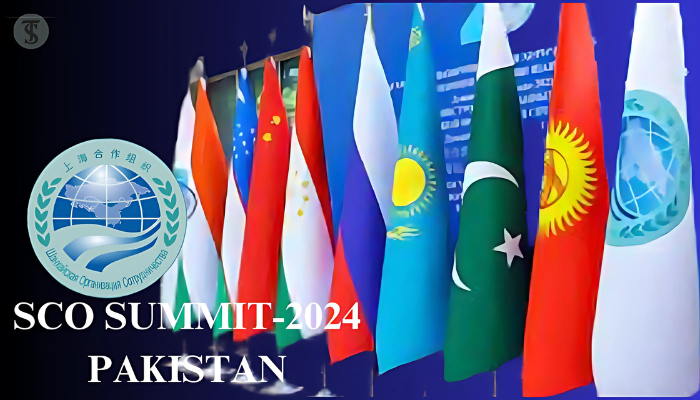
The 23rd SCO summit, held in Islamabad, presents Pakistan with an opportunity to address its domestic challenges and improve foreign relations. Hosting key regional powers like China, Russia, and India, Pakistan can boost bilateral trade, attract foreign investment, and potentially contribute to Middle East peace talks, particularly involving Israel-Iran tensions.
SCO Summit 2024: Opportunities for Pakistan

Pakistan will host the SCO Summit on October 15-16, 2024, amid strict security measures enforced by PM Shehbaz Sharif. Key leaders, including from China, Russia, and India, will attend. The summit offers opportunities for Pakistan to enhance multilateral ties, address terrorism, and potentially join BRICS.
Soft Power in the Foreign Policy of Pakistan: Challenges and Remedies

Pakistan has historically prioritized traditional power due to regional security threats, neglecting soft power. To counter negative perceptions, it must harness its cultural heritage, promote public diplomacy, and invest in education and skilled labor. Strengthening soft power can enhance Pakistan’s international reputation and support its foreign policy objectives.
Sacrifices for Freedom: PMAP Heroes under Zia’s Oppression
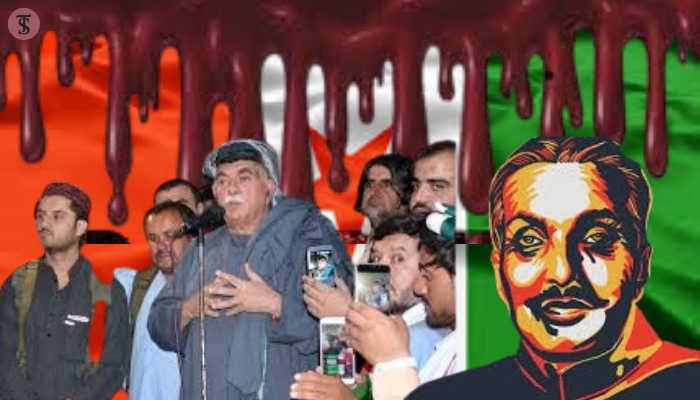
On October 7th, 1983, Mehmood Khan Achakzai led a peaceful protest in Quetta against General Zia-ul-Haq’s martial law. The demonstration turned tragic when security forces opened fire, killing four PMAP workers and injuring many others. Despite brutal repression, the fight for democracy persisted, marking a pivotal moment in Pakistan’s history.